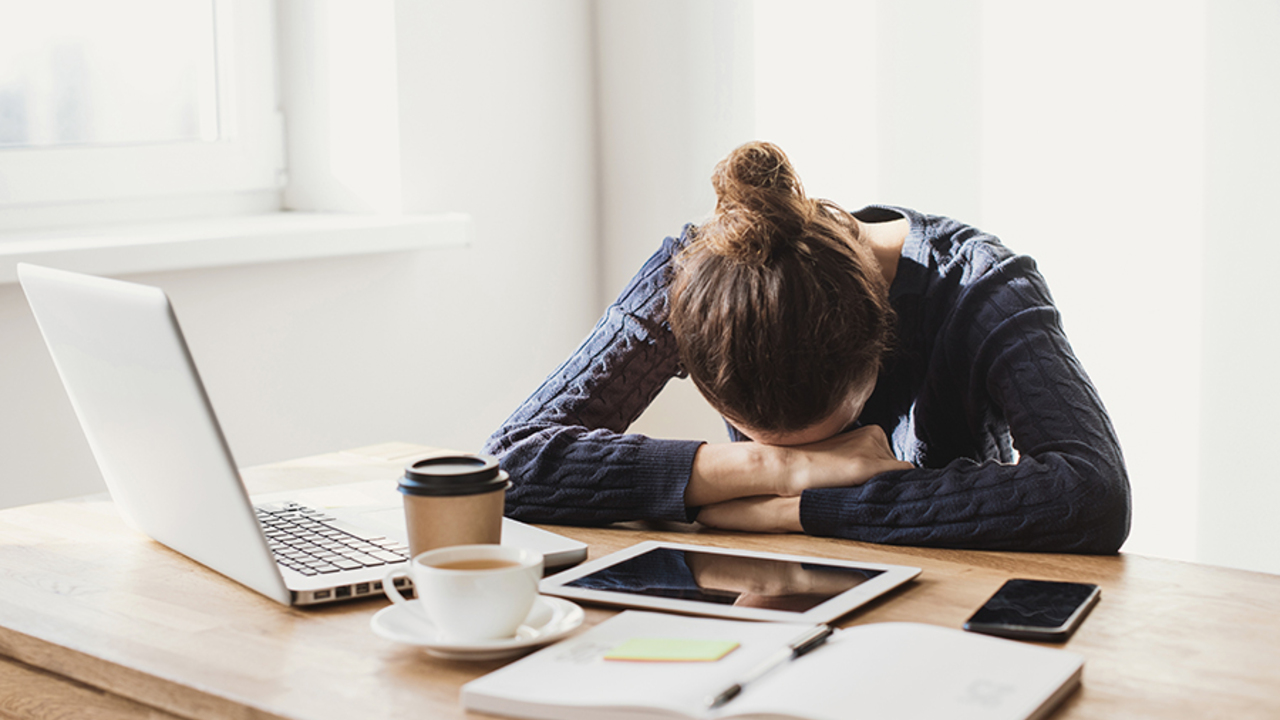Most often, fatigue after sleep can be explained by such a phenomenon as sleep inertia. This is a condition that occurs after waking up and usually lasts 15-60 minutes. During this time, the person may become angry, it may be difficult to get involved.
At the same time, University of Southern California Keck School of Medicine Dr. According to Raj Dasgupta, it is important that sleep is not only long (7-8 hours), but also of good quality.
There are also several factors that can cause you to wake up sleepy.
-
burnout. There are many different situations that can make a person feel tired. For example, these are various chronic pains, metabolic disorders, thyroid diseases, chronic obstructive pulmonary disease, anemia. If you feel tired for no reason, see your doctor.
-
sedentary lifestyle. Due to a sedentary lifestyle, the body can get used to the fact that it consumes little energy. That’s why you can feel tired even doing simple household activities, says Professor Jennifer Martin of the David Geffen School of Medicine at the University of California, Los Angeles. Experts from the World Health Organization recommend that adults get at least 150 minutes of moderate to vigorous physical activity per week. It is recommended that pregnant women do at least 150 minutes of moderate tonic and aerobic exercise per week.
-
depression and anxiety. These conditions can affect your sleep, especially the time you fall asleep, whether you wake up during the night and how many times you wake up. Medications prescribed to treat anxiety and depression can cause insomnia or block deep stages of sleep.
-
Constant change in sleep time. Going to bed at different times on weekdays and weekends can negatively affect your sleep. Also, if necessary, a quick “reboot” will not work in this case.
-
dehydration. Experts from the Cleveland Clinic state that a person is more than 50% water. In general, the body needs water to perform a multitude of functions. If the body is dehydrated, the person will concentrate less on tasks and feel more tired and sleepy. Experts from the Institute of Medicine advise women to drink 2.7 liters of fluid per day, men – 3.7 liters.
-
Inappropriate sleep conditions, habits that disrupt sleep. The room where your bed is should be quiet, dark and cool. Also, the bed should only be used for sex and sleep. Avoid caffeinated drinks at least six hours before bedtime, and try not to drink alcohol or eat heavy or spicy foods at least two hours before bedtime.
-
Partner sleep problems. If the person you sleep next to is snoring, constantly swinging or poking, this can negatively affect your sleep. The same goes for pets, because their sleep patterns differ significantly from humans.
-
Sleeping disorders. A person with sleep apnea may wake up 50-100 or even more times a night. Therefore, he will spend less time in the deep sleep phase. Restless legs syndrome and narcolepsy can also have a serious impact on a person’s daytime condition.
News cannot be equated with a doctor’s prescription. Consult an expert before making a decision.
Source: Ferra











